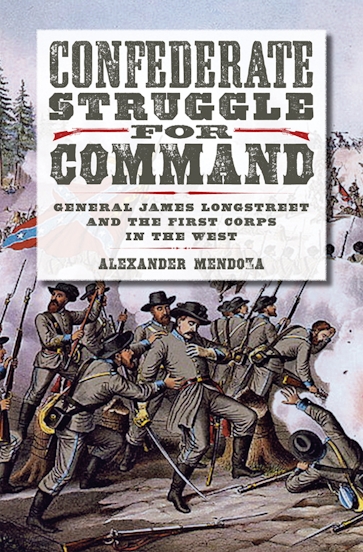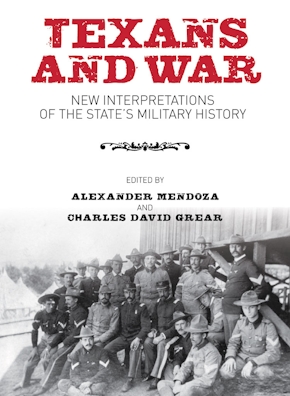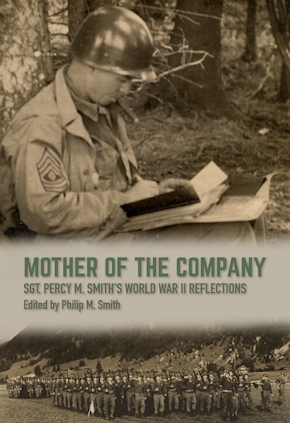Confederate Struggle for Command
General James Longstreet and the First Corps in the West
978-1-60344-052-3 Cloth
6 x 9 x 0 in
304 pp. 15 b&w photos., 8 maps.
Pub Date: 09/01/2008
Available
Though traditionally saddled with much of the blame for the Confederate loss at Gettysburg, Longstreet was actually a capable, resourceful, and brave commander, argues historian Alexander Mendoza. Confederate Struggle for Command offers a comprehensive analysis of Longstreet’s leadership during his seven-month assignment in the Tennessee theater of operations. Mendoza concludes that the obstacles to effective command faced by Longstreet had at least as much to do with longstanding grievances and politically motivated prejudices as they did with any personal or military shortcomings of Longstreet’s.
Longstreet’s First Corps parted company with Lee and the Army of Northern Virginia in September 1863. Subsequently, the First Corps contributed decisively to the Confederate victory at Chickamauga. But when Longstreet then joined a group of disaffected generals in denouncing Braxton Bragg, the commanding general of the Army of Tennessee, the resulting imbroglio hampered the effectiveness of the entire First Corps.
Confederate Struggle for Command adds an important layer of nuanced understanding to the career and legacy of Lt. Gen. James Longstreet, and will be an enjoyable and informative source for Civil War buffs, military historians, and interested general readers.
Williams-Ford Texas A&M University Military History Series
About the Author
Reviews
Published by Texas A&M University Press










